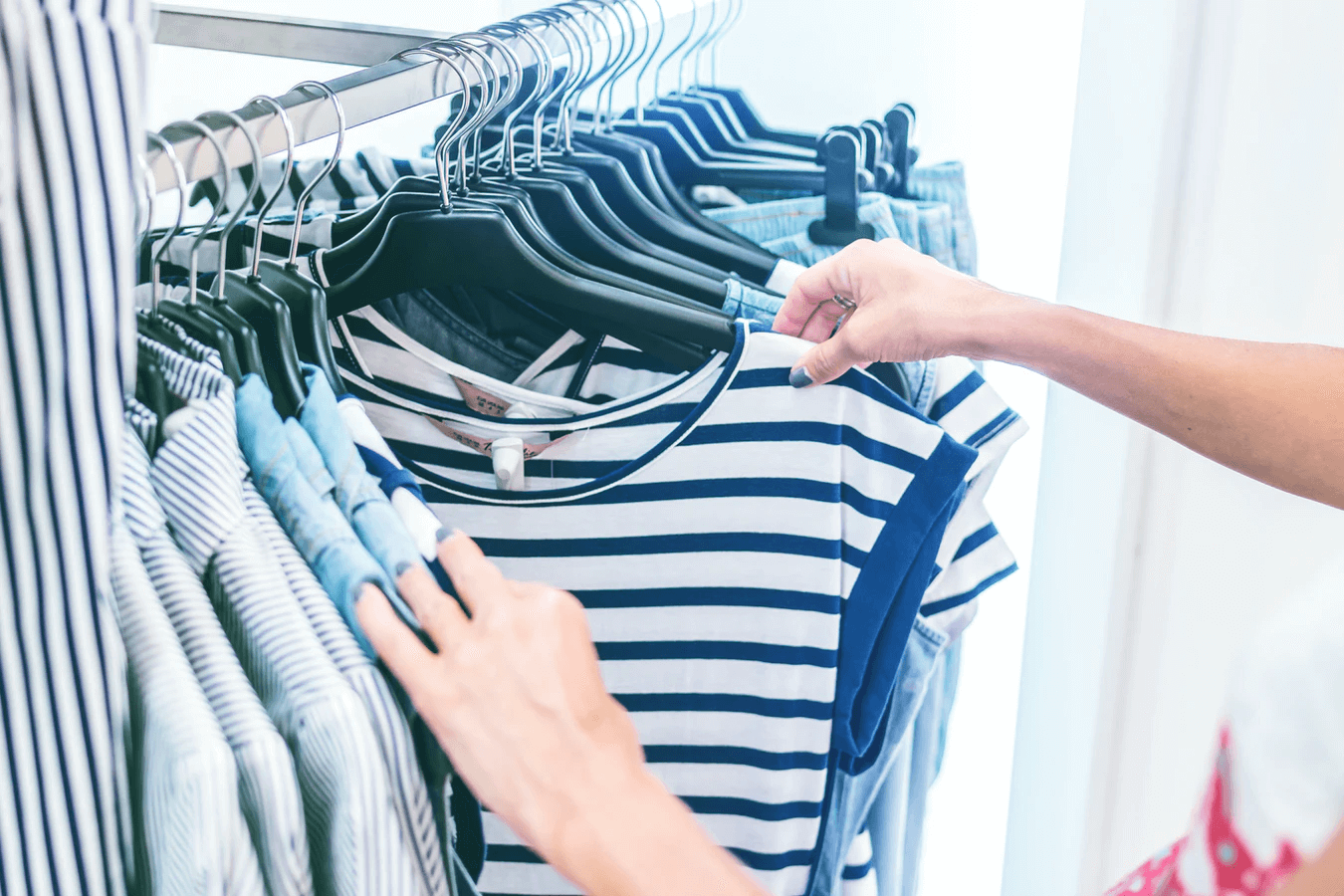Posted 11.06.2021
By Annabel Thomas
We all know how strange the last year and a half has been, and alongside lockdown restrictions, there have been many changes to consumption patterns. Some people have struggled financially during Covid-19, and others have made the most of online shopping and their disposable income. One thing that is clear however, is that there is a rise in a new type of consumer, the ‘conscious consumer’.
From Brexit to Covid-19, the Black Lives Matter Movement and Climate Protests, we have seen an increase in social and environmental movements recently. The rise of upcycling, veganism, recycling, plastic-free packaging and equal pay has meant that consumers are pickier than ever about where to spend their money. A huge 75% of Brits are consciously modifying their behaviour to adopt ethical consumer practices. From dairy to fashion, no industry is untouched by the shift to ethical consumption.
Plastic use is the biggest driver in consumption habits, as encouragingly, a huge 46% of Brits are actively reducing their plastic waste. With threats of extinct species and increases in natural disasters, the impact of consumption habits on the environment is an area consumers are becoming increasingly alarmed by. Alongside this, there is a shift in buying habits to support small, local businesses that offer transparent supply chains, clear messaging and explain where their products come from.

A conscious consumer is someone who actively seeks out companies, brands and products that meet their ethical standards. This is done by shopping at local, ethical and environmentally friendly companies. Millenials make up a large chunk of this growing movement as they take active responsibility for their buying habits. This type of consumer is certainly not to be underrated as they make powerful buying decisions!

Shockingly, just 100 companies across the globe contribute to 71% of the global greenhouse emissions. The responsibility lies with brands to be transparent with their supply chains and keep up with a growing customer demand for ethical products.
There is so much that businesses can do to cater to these consumers, and brands should see it as an opportunity rather than a frustration. From having transparent supply chains, open communication, plastic-free packaging, a fair wage scheme to supporting social injustices; appealing to conscious consumers can be done.
Brands need to show, not just tell consumers what they are doing to be socially responsible. Whether that is through tangible actions and changes that can be documented on your website or social media, consumers want to see the evidence! Brands can no longer rely on a strong reputation and excellent quality products to make sales, their stance on social and environmental issues plays an ever growing role in purchase intent.
In an ever crowded marketplace, brands that effectively communicate their core values to consumers stand to make the most and gain loyal customers. Need any help with getting your message out there? From web design to PPC and SEO, we have you covered. Get in touch with us today…
Our Services
Recent posts
The Beginner’s Guide to Setting Up Your First eCommerce Store
Posted 25/03/2025 by Frogspark
How to Create Cost-Effective, Engagement-Boosting Videos For Your Website
Posted 11/02/2025 by Frogspark
Building Better Website Forms To Drive More Conversions (and Revenue)
Posted 27/01/2025 by Pete Bingham
Need help with your web design or digital marketing?
Talk to an expert today or call us on 01332 493766
Part of The Digital Maze Group